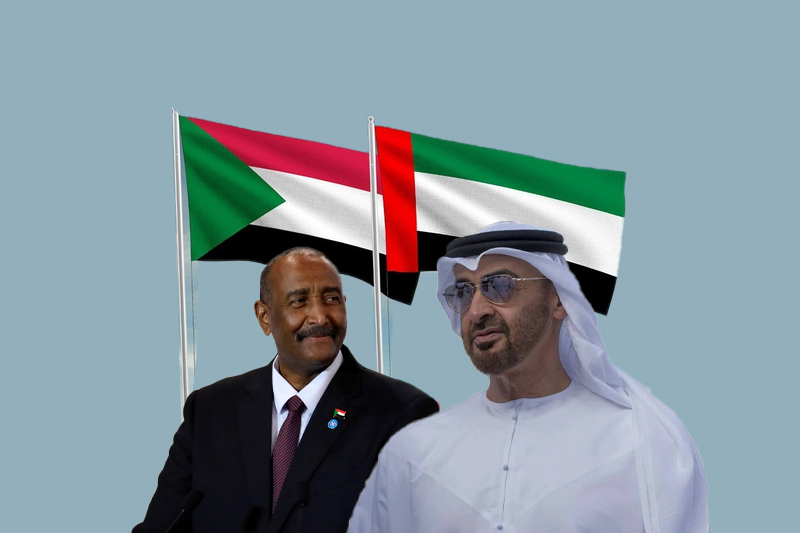
Emirati citizens evacuated from Sudan amid UAE closely monitoring the conflict
Since the beginning of the ongoing conflict in Sudan, the UAE has been closely monitoring the situation there and pushing for a return to the political track. The country is pursuing a neutral role in the ongoing violence, calling on all parties involved to engage in serious discussions.
UAE President Sheikh Mohamed bin Zayed Al Nahyan underscored the urgent need to end the raging conflict in a recent call with President of the European Council Charles Michel, who hailed the Emirates’ efforts towards helping maintain peace and stability in the region.
In order to better understand the depth of ties between the UAE and Sudan, it’s essential to delve into last year’s torrential downpours and flooding in the African nation. The Emirates was one of the first countries to intervene, sending tonnes of emergency humanitarian aid to those affected and displaced in the disaster.
Under the directives of the wise leadership, the Emirates even established an air bridge to Sudan’s capital Khartoum in an effort to alleviate the suffering of thousands of Sudanese and improve their living conditions. Large quantities of relief supplies were transported thereafter, reflecting UAE’s prominent support for the country and the deepening ties they share.
Keep Reading
In the latest development, top UAE diplomat Sheikh Abdullah bin Zayed Al Nahyan praised Saudi Arabia for helping evacuate Emirati and other foreign citizens from Sudan. He has reaffirmed the UAE’s support for all efforts aimed at ending the conflict and returning to political dialogue.
In at least the third truce announced since clashes erupted on April 15 with none holding for long, top US diplomat Antony Blinken says the warring sides in Sudan have agreed to a 72-hour ceasefire from 22:00 GMT on Monday.
The days-long fighting has killed over 420 people while injuring thousands of others. The actual death toll, however, could be higher as scores of people are unable to access healthcare and dozens of hospitals in the capital, Khartoum, and neighbouring areas have gone out of service.
A number of people are still trapped in their houses with depleting supplies of food, water and medicine. Only a handful of humanitarian organisations are operating in full force, with a civilian network – organised mainly through Twitter – helping out those in need by bringing them essential supplies, treating their wounds, or helping them escape.




